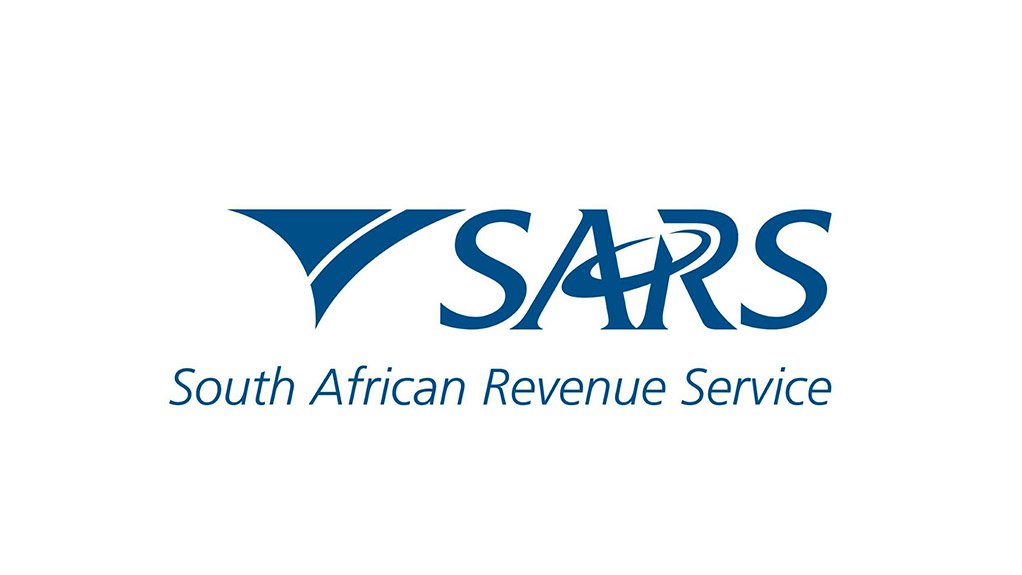The South African Revenue Service (Sars) has instituted a civil process to recover R200-million it says was lost to the fiscus through the illicit tobacco trade.
The tax agency's executive head of customs and excise, Kumaran Moodley, and its acting head of digital information services technology, Intikhab Shaik, on Tuesday briefed Parliament's Standing Committee on Finance on illicit tobacco trade.
Moodley told members of Parliament that the R200-million claim related to a single case investigated by project Honey Badger, which was previously disbanded by former commissioner Tom Moyane. He did not say against whom the agency had instigated the case.
According to Moodley, Sars investigators found that large volumes of cigarettes, supposedly exported from South Africa, were in fact diverted and sold locally without paying excise duties, in a case that dates back to 2011.
Excise duties are a form of tax imposed on specific high-volume products, such as tobacco and alcohol. According to Sars, the duties ensure a "constant stream of revenue for the state", while also discouraging consumption of certain harmful products.
While the Tobacco Institute of South Africa, which represents major players in the industry, has said that since 2010 the illicit tobacco trade has cost National Treasury as much as R40-billion in tax revenue, Sars did not confirm the total amount lost to the fiscus on Tuesday.
According to Shaik, Sars measures "cigarette sticks" and not revenue volume, as the excise duty tax is, in part, meant to deter people from smoking and is not a major revenue generator. "People talk of losing so much money. But it’s not about money, it’s about safeguarding health. We count sticks – [because] it does not matter how much that you sell sticks, it matters that someone smokes it," Shaik said.
Treasury officials were also at the committee meeting to weigh in on revenue losses. Chris Axelson, Treasury's chief director of economic tax analysis, said three years ago there was a 7% drop in excise duties and domestically produced tobacco. Two years ago there was a 9% drop. In 2017, Treasury forecast that it would receive R15-billion from excise duties and domestically produced tobacco. But by the end of the year had only received R11-billion. This revenue was dropping despite tax hikes. "In all the three years we were increasing excise duties on tobacco, at a rate increasing more than inflation and still had a reduction in revenue. It was perplexing from our side," Axelson said.
The drop in revenue coincided with the issues at Sars at the time, he added.
Last year, however, there was a rebound, although off a low base. Axelson said excise duties and domestically produced tobacco revenue increased by 9%. "It looks like it’s getting better," he said.
Scratching the surface
The revenue collection agency also gave the committee an update on seizure operations and the value of the illicit goods.
According to Sars, between April 2019 and October 2019, there were 306 cigarette seizures. A total of 44.9-million cigarettes, to the value of R40-million, were seized. In the same period, 23 cases or 11 740kg of tobacco - valued at R77 000 - were seized.
"Three criminal matters are currently in court that relates to cigarette and tobacco smuggling," Moodley said. There are also currently investigations into the movement of raw tobacco, which was imported and suspected to be used for illicit cigarette production, he added.
African National Congress MP Maidi Mabiletsa and Democratic Alliance MP Geordin Hill-Lewis both said they believed not a lot was being done to stop the illicit tobacco trade, and the revenue service is currently only "scratching the surface".
Shaik concurred. "As Sars we need to up our game," he said. Sars is in a process of rebuilding its capacity, he added.
Sars in October this year relaunched its Large Business Centre, which had also been dismantled by Moyane. The centre focuses on revenue collection from large corporates.
Shaik said the relaunch of the centre is the first step in "reestablishing Sars to what it was five years ago."
Sars is relying on data and technology to fight illicit trade, he added.
Follow the smugglers
When it comes to cracking down on illicit trade, Shaik said it is important to follow the smugglers and not just the goods. "You can try as much as you like to catch 10-billion [cigarette] sticks, but if you don't follow the money and you don't get the person you've got nothing," Shaik said.
Last year Sars implemented a new customs risk engine which yielded data to be used by different areas in Sars. In addition to the new excise risk engine, by December, a passenger risk engine will be launched. Sars is hoping to use the data and trends collected to piece together how the movement of people relates to the movement of goods, Shaik said.
SA is also working on a programme to exchange information on imports and exports with Botswana, and by the end of the year, information sharing partnerships are to be in place with Lesotho and eSwatini.
"Countries must work together to exchange information to make sure customs officers are empowered with information to do their jobs," he said.
Earlier this year, Sars put out a tender for a service provider to help monitor the movement of cigarettes from production facilities to points of sale – using track-and-trace marker technology.
Yanga Mputa, chief director of legal and tax design at Treasury, who was also at the meeting, informed MPs that the tender process has since been postponed in order to go through procurement procedures, but Sars plans to pick it up again early next year.
EMAIL THIS ARTICLE SAVE THIS ARTICLE
To subscribe email subscriptions@creamermedia.co.za or click here
To advertise email advertising@creamermedia.co.za or click here











